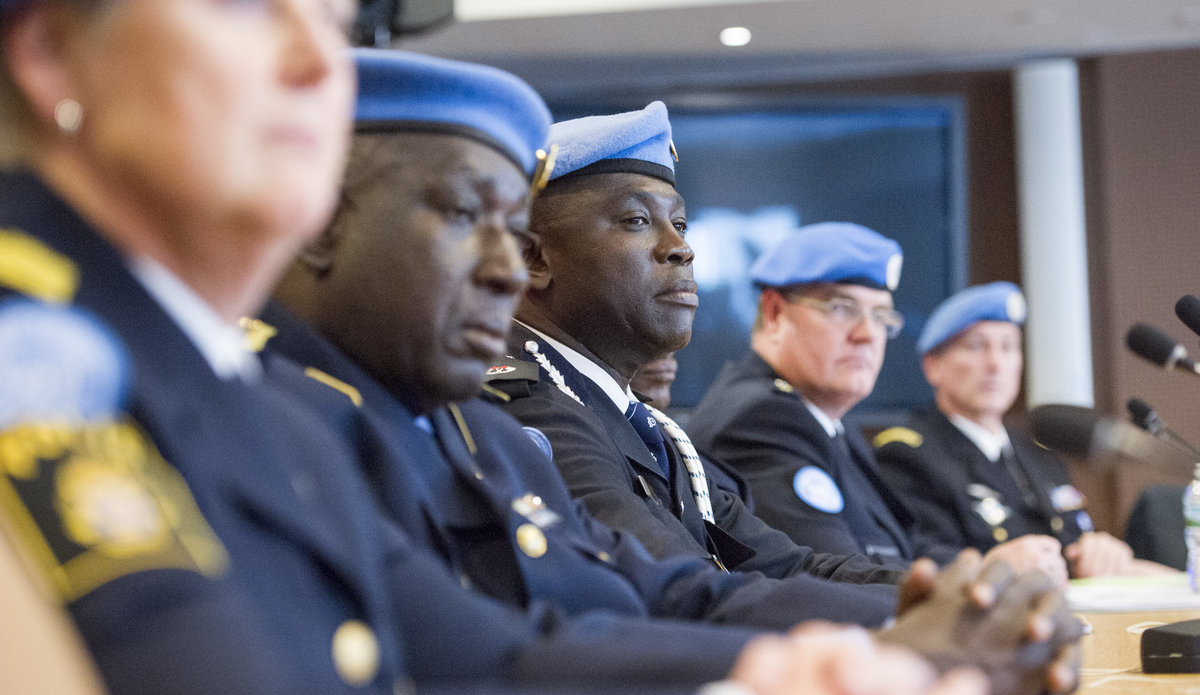The first output of the Strategic Guidance Framework for International Policing (SGF), the DPKO/DFS Policy on United Nations Police in Peacekeeping Operations and Special Political Missions, went into effect in February 2014.
With the ‘what’ of UN policing defined in the form of the Policy, the next step was to define the ‘how’. This was acoomplished through the development of subsidiary guidlines on the four core pillars of a UN policing component outlined in the Policy:
- Police Administration: the administrative systems, including budget management, procurement, record-keeping and personnel management, needed for the effective and efficient performance of the police component
- Police Capacity-Building and Development: how to best prepare officers and host-state institutions to ensure the long-term sustainability of international peace efforts
- Police Command: the resources, skills, capabilities and structures required to lead a complex, multidimensional peace operation
- Police Operations: day-to-day police work, applying the basic principles of community-oriented and intelligence-led policing to carry out investigations, provide public safety and conduct special operations
Manuals on specific specific areas within these four pillars—community-oriented policing; intelligence-led policing; operational police planning; border security and management; donor coordination and fund management; and monitoring, mentoring and advising—are being developed.
SGF guidance intended to benefit not only the UN but any organisation or Member State that deploys police and law enforcement personnel to international, multidimensional peace operations. The documents were developed in consultation with, among others, the Organization for Security and Co-operation in Europe, the African Union and the European Union, which have drawn on the materials for their own planning, development and training efforts.


